Trending Now
Tuesday, Nov, 2024
Home / COVID Caused Almost Unconquerable Education Loss - Warns UNICEF
COVID Caused Almost Unconquerable Education Loss - Warns UNICEF
The huge number of those children who have strayed out on their schooling due to a great pandemic is 'nearly insurmountable'...
 by Himani Verma /
by Himani Verma /  03 Feb 2022 12:44 PM IST /
03 Feb 2022 12:44 PM IST /  0 Comment(s) / 462
0 Comment(s) / 462
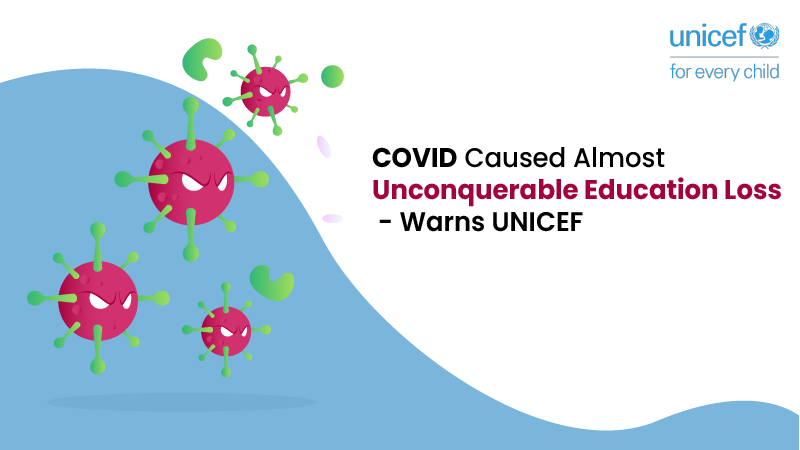
After the sudden outbreak of world spread pandemic COVID-19, the education system fell into a wide scale of loss. The huge number of those children who have strayed out on their schooling due to a great pandemic is 'nearly insurmountable', says UN Data.
According to a report, around 693 million students are directly impacted by this pandemic due to temporary or full shuttering schools. Now it counts around two years since the COVID-19 flatters its wing worldwide. Since then, students have been facing a lot of unrecoverable losses in their education.
According to Robert Jenkins, Chief of Education of UNICEF, "In March of this year, we would reach two years of COVID-19 disruptions to our worldwide education".Further, he added, "Disruptions to education system may end soon with again opening of schools, but the losses whichever happened in these big two years need to be recovered through supporting students, improving their mental and physical health, their performance in social establishment etc."
Across the world, going from Ethiopia to the US, children lack foundational literacy, numeric knowledge and various useful skills. Children’s mental and physical health suffers to this great extent that was never before for the first time. Thus, these challenges need urgent attention to bring children back on track and improve their lost performance.
Some of the factful points which support the worst impact on the education of children during a pandemic-
In low and average income countries, this pandemic impacted in such a manner that 10 years olds who are unable to dictate and understand simple lines reached 70%, which was 53% before the pandemic.
In South Africa, around 400,000 to 500,000 students have left school between March 2020 and July 2021.
In India, according to one study taken in January 2021, the extent and behaviour of forgetting kind of learning loss have increased enormously to create a large impact on children. So to stop the deeping of this effect, there are multiple strategies that need to be adopted to recover from overall loss when learning in school starts regularly.
In Ethiopia, it is estimated that primary school children gain around 1/3rd of math knowledge during these years compared to what they can get during normal school days.
In many Brazilian states, children of grade 2 who are out of track in reading have risen to 3 in 4 children, which were 1 in 2 children before the pandemic outbreak and every 1 child out of 10 of age 10-15 are not planning to join school after school reopens after the pandemic.
In India, according to a report, 80% of students between the age of 14-18 years have started to learn less after the school closes.
Furthermore, school shuttering impacted children’s mental health, decreased their reach to permanent sources of nutrition and the chances of their abuse.
It has been noticed that a growing body gives proof that COVID-19 has increased the level of anxiety and depression in the mental health of children and teenagers. Furthermore, studies show this problem is found mostly in girls, adolescents and those people who mostly live in rural areas.
In addition, around 370 million children who depend on school meals, mainly in government and charity-funded schools, have missed out due to the school’s closure, which was only their true source of nutrition.
Shuttering schools due to the great pandemic COVID-19 has led to an overall disconnection of education from a large community of children who were only dependent on school learning because they can’t afford smartphones and coaching classes, which are other sources of learning other than school. Almost 2 full years of academic calendar gone impacted in this manner with almost no activities in school which children need to attend in their learning life, no social interaction, no extracurricular activity, children are overall trapped in a house with no option than wasting their time of progressive growth.
There is no assessment, task, or competition for everything folded in simple online classes, which is also not accessible by everyone. You know every opportunity was suddenly dragged from them.
Not every student is good at studies. Some are good at extracurricular, which is also a part of education, but they also learn basic school learning. Thus, nobody would be left with a lack of foundational knowledge if he went to school, but now every student situation has turned the opposite.
Losses in Learning Languages:
If calculating approximate findings, then around 92% of children are found to lose ability in at least one particular language compared to last year's data. The abilities through which we can correlate this are explaining their perspective of observing pictures orally, reading words and capability of finding words of that, reading with comprehension and designing easy sentences.
Losses in Learning Mathematics:
Counting overall, around 82% of overall children have lost their one particular ability of mathematical reasoning solving technique which they were having before the pandemic. The abilities these conclusions are made include identifying digits of numbers, solving basic mathematical problems, describing and drawing 2D/3D shapes, reading and interfering data, manipulation operation, and many more. Through this, children learn to see different perspectives to solve problems differently and conclude with the easiest.
Conclusion:
Since the coronavirus spreads, the education sector is one of the topmost impacted by its coming. The huge level of extent and nature of gaining knowledge loss becomes one of the serious issues where recovery is a challenging job. There is an urgent need for the best policy and steps to address this problem when students return to school and reopen after the pandemic. There is a need for supplements courses to be designed for them, learning hours to be extended, a better curriculum needs to be designed, the foundational courses needs to be focused on, fascinating studies need to be promoted when students start to come into schools.

EShort / February 16, 2024
IMS Noida Admissions 2024: Apply for UG, PG programmes

EShort / February 16, 2024
GATE 2024: Response sheet out
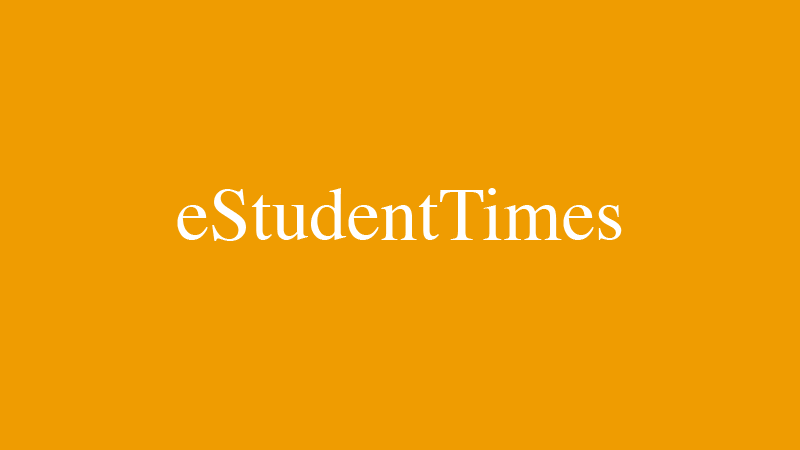
EShort / February 16, 2024
BSSTET 2023: Admit card released

EShort / February 16, 2024
NID DAT 2024: Prelims result released

EShort / February 16, 2024
IIT JAM 2024: Response sheet released

Jobs / February 16, 2024
UPSC Recruitment Drive 2024: Apply for 120 vacancies in various departments

EShort / February 14, 2024
UPSC CSE 2024: Official Notification issued; application process begins
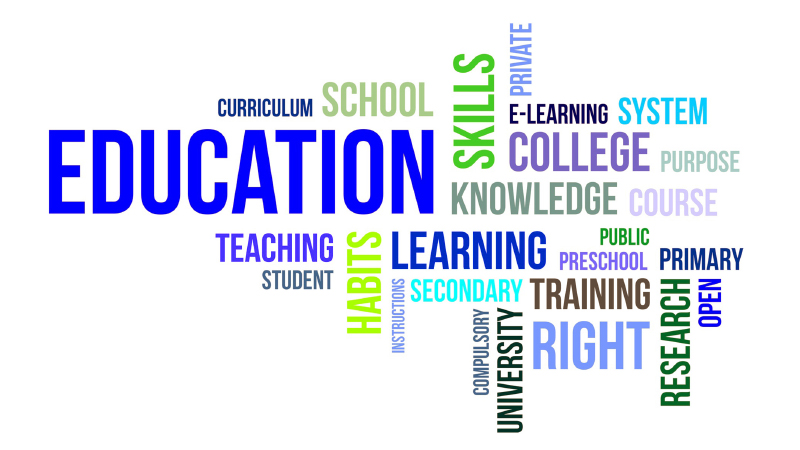
Editor's Desk / April 17, 2020
How Does Society Impact Our Education?

Current Affairs / April 22, 2020
Mr. Sudarsanam Babu appointed to U.S. Science Board.
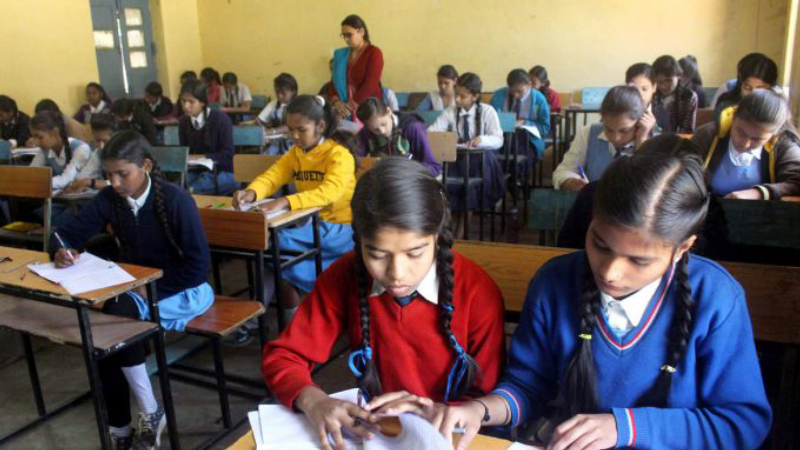
Reforms / April 17, 2020
Traditional Structure of Education In India
.jpg)
Events & Seminars / April 17, 2020
PISA!!
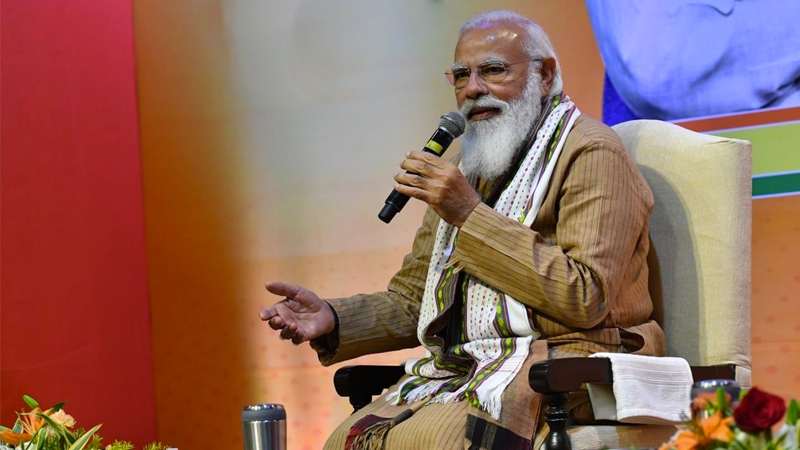
Blog / February 26, 2021
Government's Action On #ModiRojgaarDo

EShort / May 19, 2022
CUET PG 2025 has started the registration process.

Notice Board on Important Dates / April 21, 2020
World Heritage Day

News / July 08, 2021
JEE Mains Registration For Session 3: Last Date To Apply

EShort / December 14, 2021
UPSC Declared Final Result For DCIO Recruitment



 Program 2024 for Financially Disadvantaged Students-02.png)


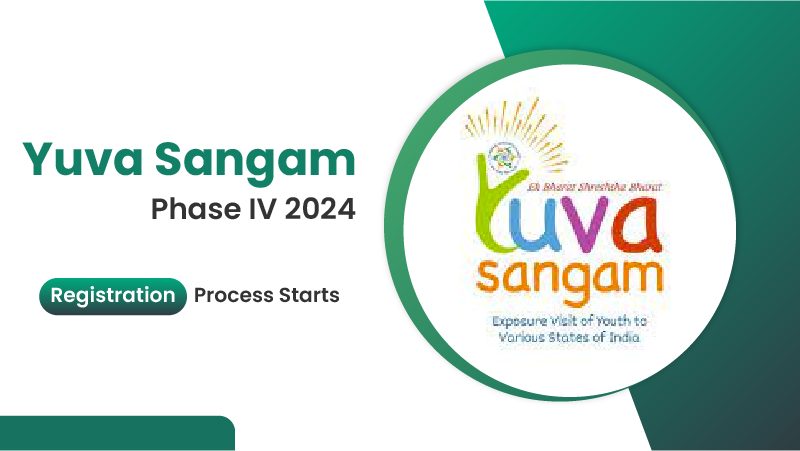





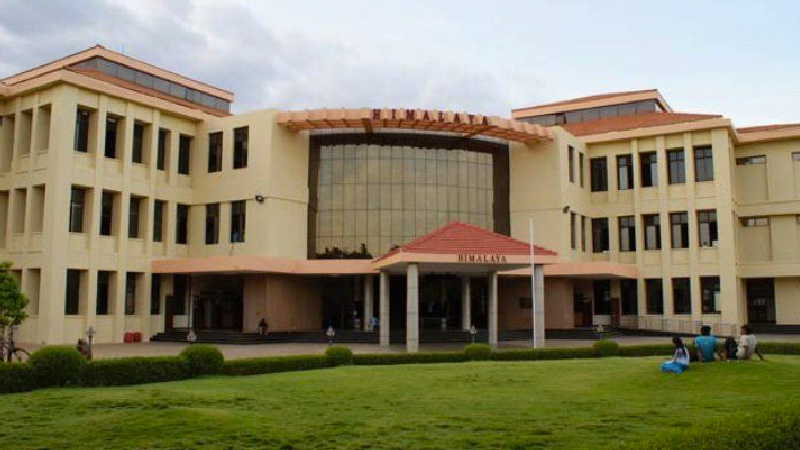
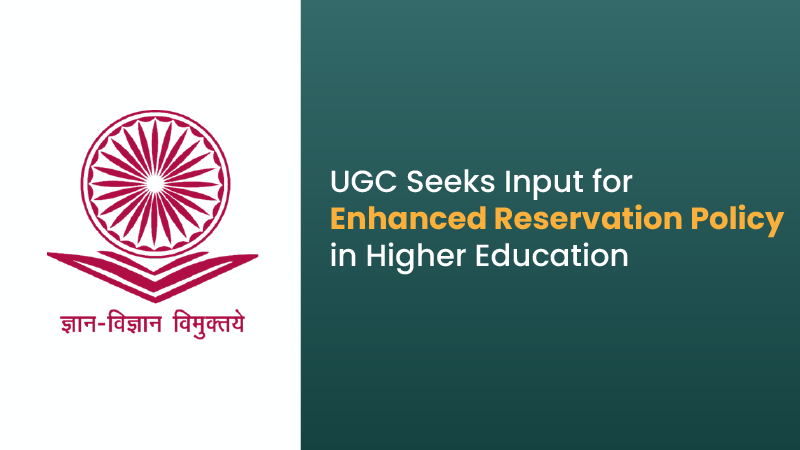

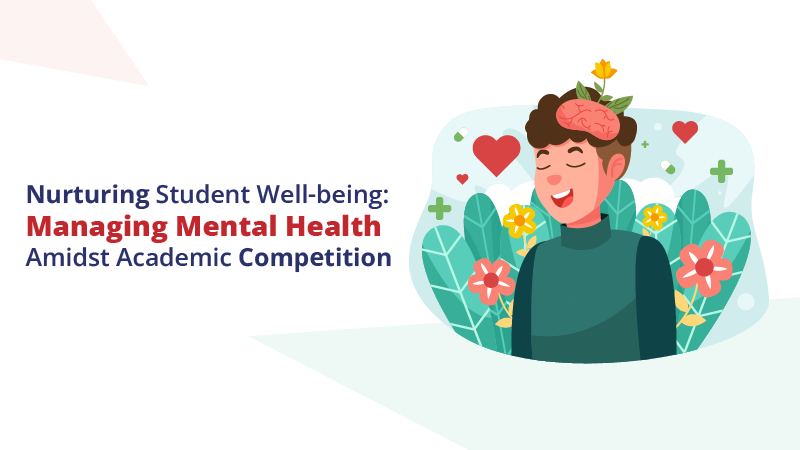

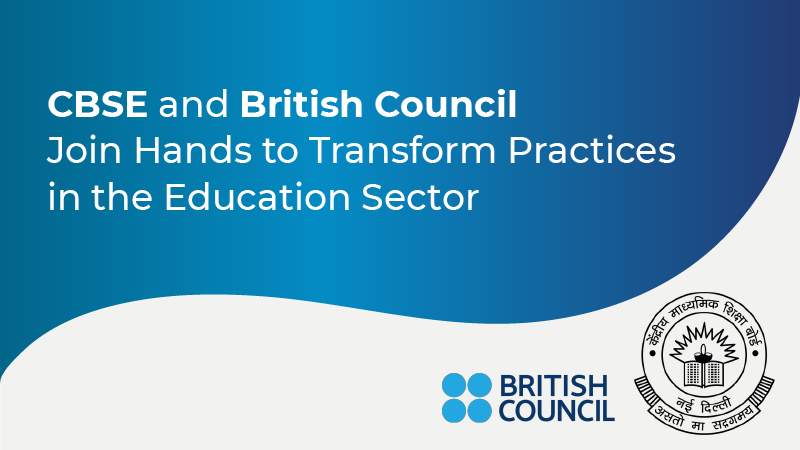

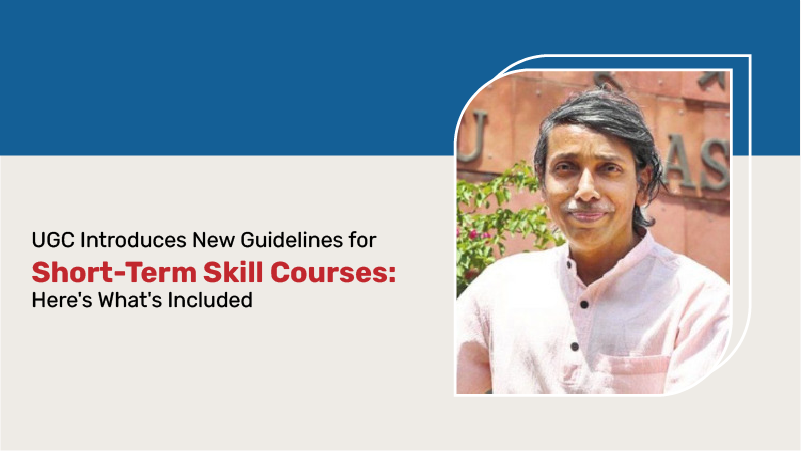
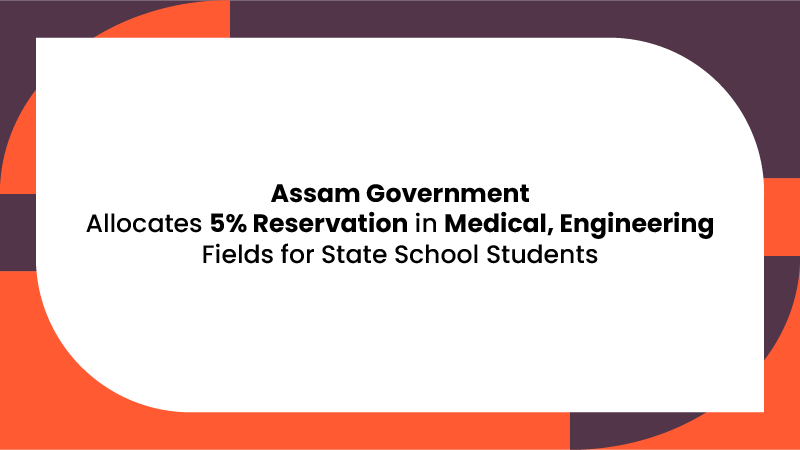



0 Comments
Post Comments